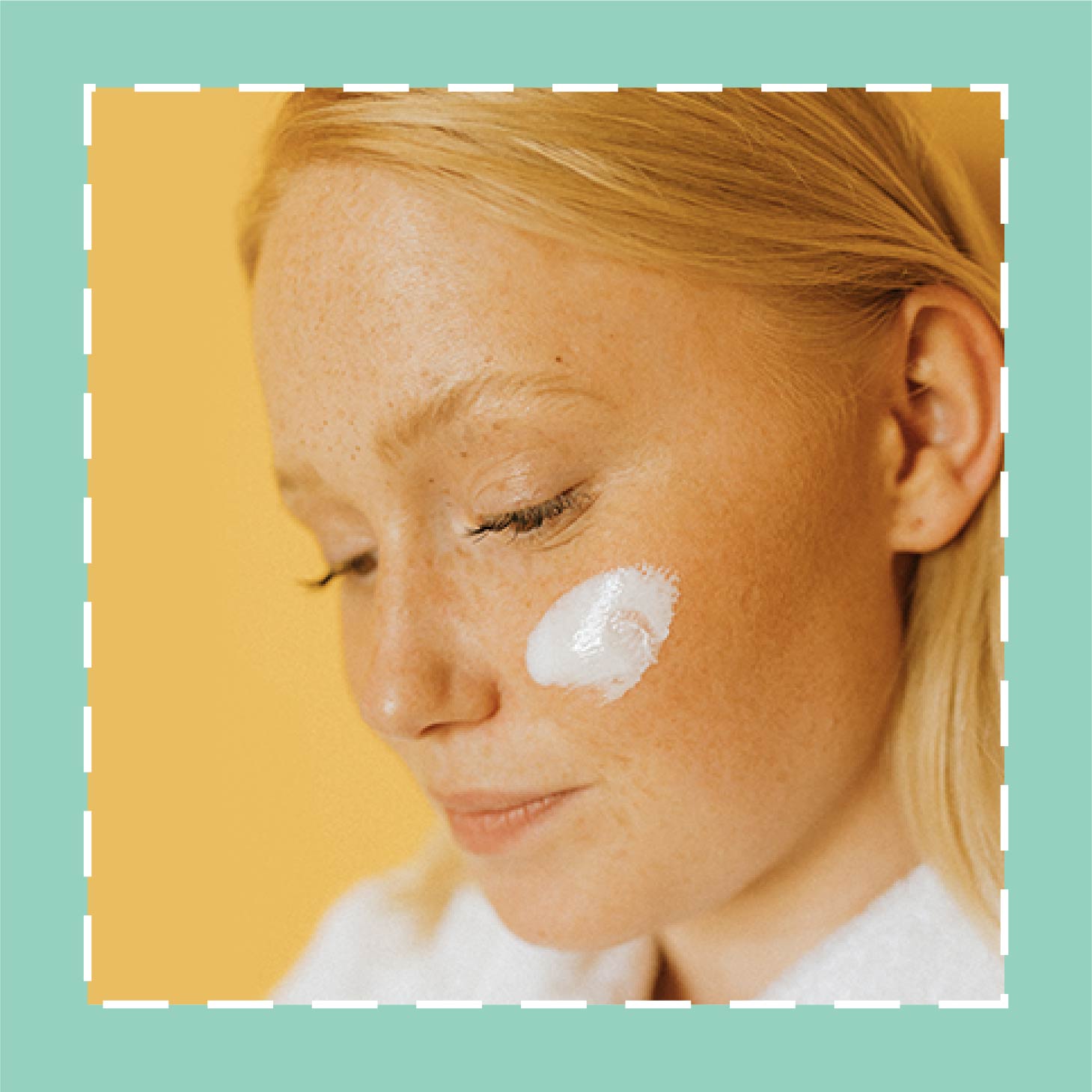When should you pop a zit? And what are the best tips on how to pop a pimple? We reached out to a derm to get the final word on this common (bad) habit.
You know this frustration: Waking up in the morning with a new pimple that’s decided to take up residence on your face. Pimples seem to have an uncanny way of showing up exactly when you don’t want them—before a first date, important work meeting, or the party you’ve been looking forward to all week. Because of this, it’s also tempting to pop pimples. It makes sense, doesn’t it? Pop the pimple, wash with a cleanser, and bam! Problem solved, pimple gone!
Well, not so fast. I know how tempting it is, and that some people even argue it’s a good thing. But, popping your pimples is actually almost never a good idea. To break it down, I decided to reach out to Jeremy Fenton of Schweiger Dermatology Group to build your ultimate guide to popping pimples. Read below to discover how you should actually be taking care of those pesky pimples.
First things first, should I pop my pimples?
Long story short: No. Not ever. You see, pimples are made up of pus that is built up within the skin. Fenton explains that the pus is comprised of oil, dirt, bacteria, and inflammatory cells. Thus, popping the pimple can cause these contents to be transferred to other pores, and ultimately cause additional breakouts.
However, this spread of acne may actually be the most minor concern. “The biggest risk of popping a pimple, if not done properly, is that it can rupture deeper into the skin and lead to permanent scarring,” says Fenton. While a pimple will likely run its natural course and disappear on its own in a matter of days, scarring can last for months and even years. So even though it may seem like you are speeding up the healing process, popping your own pimple will often lead to even more long term damage.
But dermatologists and aestheticians pop pimples all the time—why can’t I?
“There are times when it is beneficial to pop a pimple,” says Fenton, “Dermatologists and aestheticians extract and drain pimples all the time. The difference is that they generally know when they will be able to successfully extract them, and they use a clean and specific technique. Dermatologists can also inject cortisone after extracting in order to shut down any inflammation that is pre-existing and any inflammation that was exacerbated by the extraction.”
So, there is truth to those who say popping pimples speed up the recovery, but only if you leave it to the professionals.
But I still want to pop my pimple…
If you absolutely need to attack that sucker, Fulton advises to try your best to emulate the sanitary method used by dermatologists. “The most important thing is to not try to pop pimples that are deep and you can’t see any type of whitehead,” he says. “These are the most likely to rupture deeper into the skin and scar.”
Here’s how to pop a whitehead, according to Fulton: “You can start by applying a warm compress such as a moistened washcloth with warm water to the area for several minutes prior. Then thoroughly clean the area with rubbing alcohol. Ideally, use a sterile needle to make a tiny incision so that the cystic contents have a way out (rather than going down). Then quickly apply gentle pressure from the sides and upwards with Q-tips, avoiding the fingers that can introduce bacteria and other contaminants (especially from the nails).”
But note: There are certainly major risks associated with popping your pimples on your own even if you follow these steps, so it’s always best to leave it to a dermatologist or aesthetician to make sure it’s done properly.
Well, I already popped it—what do I do now?
What to do now that it’s already popped? How do you prevent spreading of bacteria and scarring? Fenton advises using an over-the-counter product that contains an acne-fighting and drying agent, such as salicylic acid. For salicylic acid, a great option is the spot treatment that will help heal the immediate spot that was popped. The Acropass Trouble Cure is amazing, since it’ll not only treat the affected area, but will help protect the skin and prevent bacteria from spreading. Formulated with salicylic acid and tea tree oil, it will continue to dry out the remaining impurities, as well as actively work to reduce inflammation and damage.
Another great option is the Manefit Beauty Planner Mugwort Sheet Mask, which uses naturally derived salicylic acid from mugwort to clarify pores and work to clear blemishes. This mask will help clarify pores all across the face, rather than just in one spot, which can help prevent breakouts in areas where bacteria may have spread.
As for scarring (which should be your biggest concern), there are few things as effective as vitamin C. Once the active pimple has completely subsided and the wound has fully healed, you can use a vitamin C serum like the Klairs Freshly Juiced Vitamin C Serum to treat any discoloration or associated scarring.
The bottom line:
No matter how tempting it may be to burst that pimple on your face, don’t! Unless it is done exactly right by a professional, popping a pimple will often result in serious damage. I know it’s easier said than done, but when you see it, leave it be. Use some products to help treat it, throw on a pimple patch, and let it run its natural course. Trust me, you’ll be better off in the long run.
